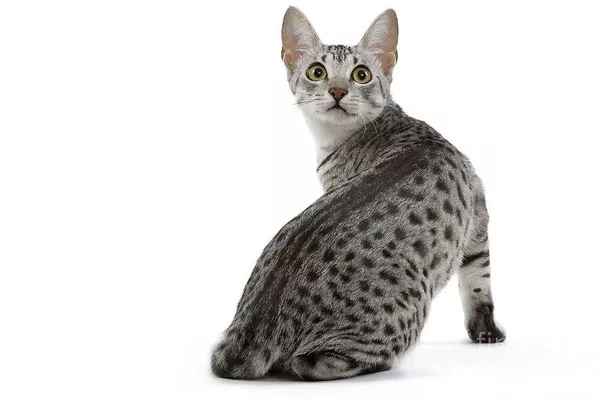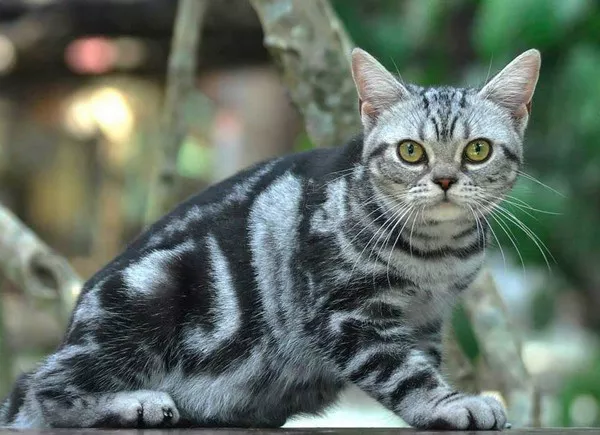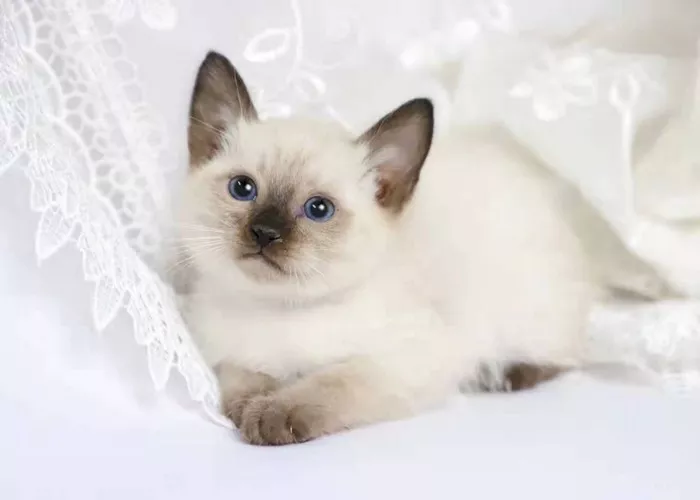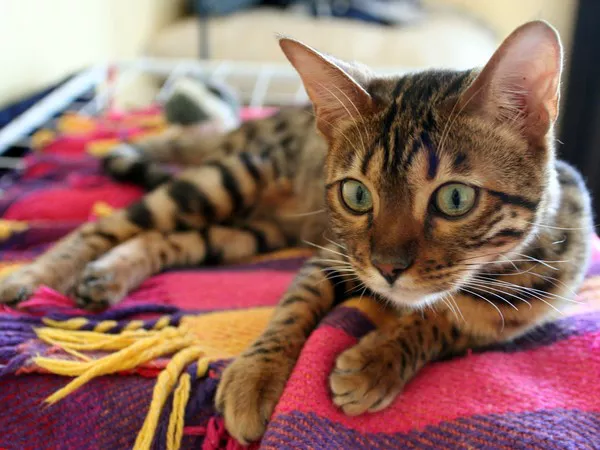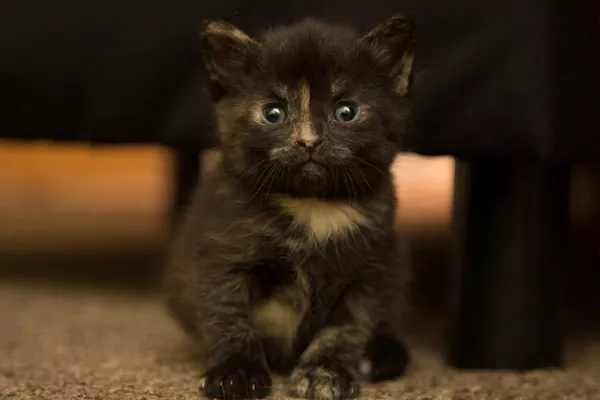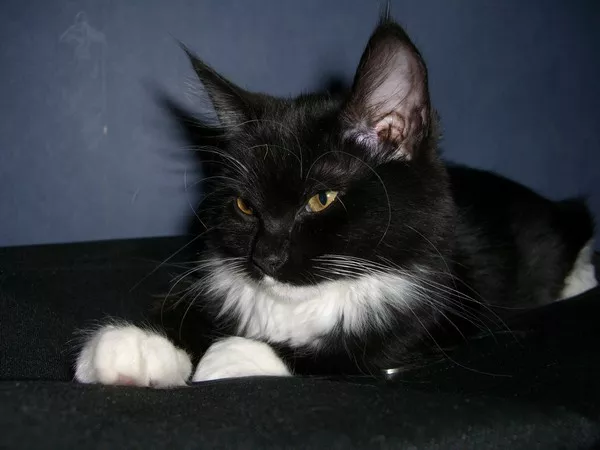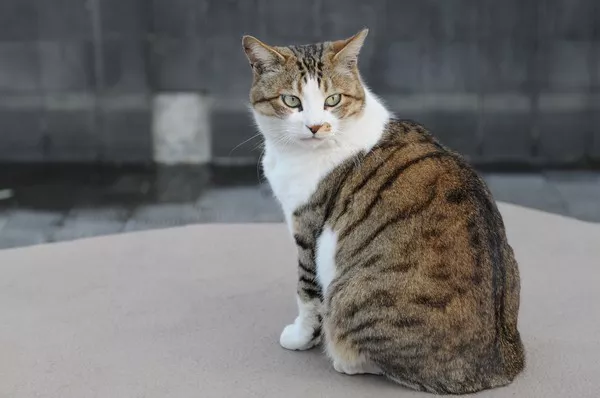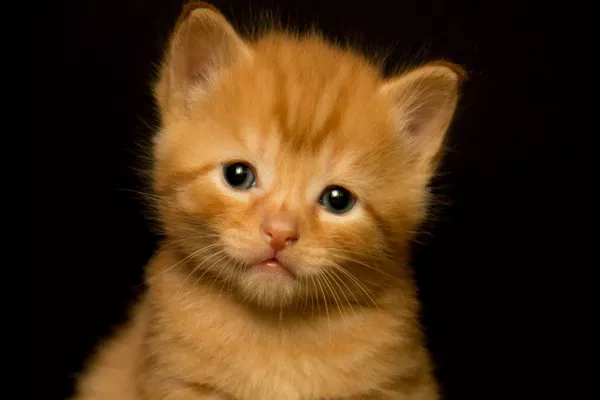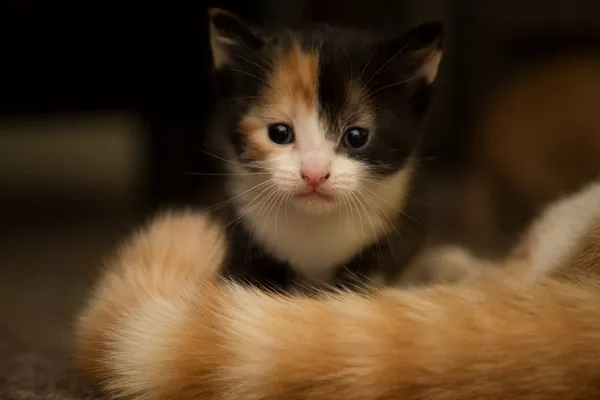The Egyptian Mau is an elegant and enchanting cat breed that has captured the hearts of cat enthusiasts worldwide. Known for their striking appearance and distinctive spotted coat, these felines exude grace and agility. While Egyptian Maus are generally robust and healthy cats, like all breeds, they are susceptible to certain health concerns. In this comprehensive article, we will explore the common health problems that Egyptian Maus may encounter and provide insights into how owners can ensure their beloved feline friends lead happy and healthy lives.
1. Hypertrophic Cardiomyopathy (HCM):
Hypertrophic cardiomyopathy is the most prevalent heart disease in cats, including Egyptian Maus. This condition involves the thickening of the heart muscles, which can impede proper blood flow and lead to heart failure if left untreated. HCM is often inherited, and responsible breeders conduct regular heart screenings to minimize the risk of passing on the genetic mutation. Symptoms of HCM may include difficulty breathing, lethargy, and fainting. Early detection and regular veterinary check-ups can help monitor and manage the condition effectively.
2. Periodontal Disease:
Just like many other cat breeds, Egyptian Maus are also prone to periodontal disease. Dental health is crucial for overall well-being, and periodontal disease can lead to oral discomfort, tooth loss, and potential systemic infections. Regular dental care, including brushing your cat’s teeth and providing dental treats or toys, can help prevent or reduce the risk of periodontal disease.
3. Feline Lower Urinary Tract Disease (FLUTD):
FLUTD is a group of conditions affecting the urinary system, including urinary stones, urinary tract infections, and interstitial cystitis. Egyptian Maus may be more susceptible to FLUTD due to genetic factors, diet, or stress. Signs of FLUTD include frequent urination, straining to urinate, blood in the urine, and urinating outside the litter box. A veterinarian can diagnose the specific cause and recommend appropriate treatment and preventive measures.
4. Anemia:
Egyptian Maus are known for their playful and active nature, which can sometimes lead to accidental injuries. External and internal injuries can cause anemia, a condition characterized by a low red blood cell count. Anemia can result in weakness, lethargy, and pale gums. If you suspect your Mau has experienced an injury, it’s essential to seek immediate veterinary attention.
5. Patellar Luxation:
Patellar luxation is a condition in which the kneecap (patella) dislocates from its normal position. While it can be inherited, trauma can also cause this condition. Egyptian Maus with patellar luxation may limp or hold their affected leg off the ground. Surgical intervention may be necessary to correct severe cases, and early detection can lead to more successful outcomes.
6. Allergies:
Just like humans, cats can also experience allergies. Egyptian Maus may be susceptible to environmental allergies, food allergies, or contact allergies. Allergies can manifest in various ways, including itching, skin irritation, and digestive issues. Identifying and eliminating the allergen from the cat’s environment or diet can help manage the symptoms.
7. Progressive Retinal Atrophy (PRA):
Progressive retinal atrophy is an inherited eye condition that affects the retina, leading to gradual vision loss and eventual blindness. Regular eye examinations can help identify PRA early on, allowing for potential management and adjustments to the cat’s environment to accommodate their changing vision.
Conclusion:
The Egyptian Mau is a graceful and captivating breed that brings joy and companionship to countless homes. While generally a healthy breed, they can be susceptible to specific health concerns, including hypertrophic cardiomyopathy, periodontal disease, FLUTD, anemia, patellar luxation, allergies, and progressive retinal atrophy. Responsible breeding practices, regular veterinary check-ups, a balanced diet, and a loving environment are crucial factors in ensuring the well-being and longevity of these beloved feline companions. By being vigilant and proactive in their care, owners can help Egyptian Maus lead healthy and fulfilling lives, enjoying their unique charm and boundless energy for years to come.

